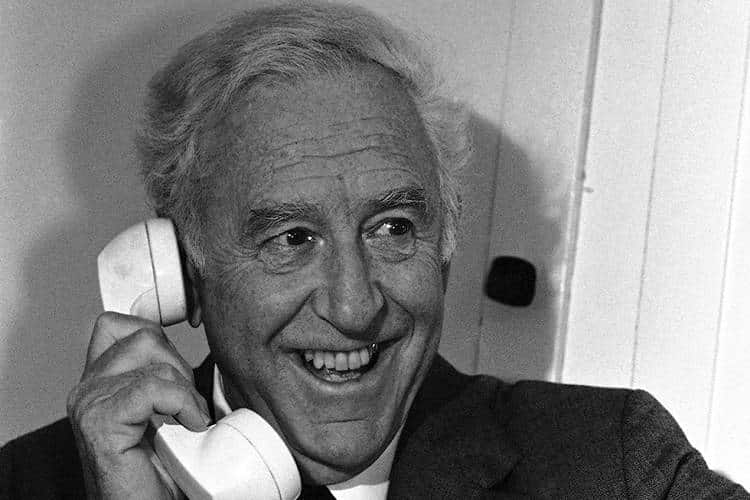Franco Modigliani (18 June 1918 – 25 September 2003) was an Italian American economist. In 1985, Franco Modigliani was awarded the Nobel Prize in Economic Sciences.
Life and Career
Franco Modigliani was born on 18 June 1918, in Rome, Italy.
Modigliani attended the University of Rome, where he initially studied law but later switched to economics. He completed his laurea (equivalent to a master’s degree) in 1939 and then went on to pursue a doctorate in economics at the New School for Social Research in New York City.
Modigliani held various academic positions throughout his career. He started as a research assistant at the National Bureau of Economic Research (NBER) and later became a professor at several prestigious institutions, including the University of Illinois, Carnegie Mellon University, and the Massachusetts Institute of Technology (MIT).
One of Modigliani’s most significant contributions to economics was the development of the life-cycle hypothesis of saving. He, along with his collaborator Richard Brumberg, formulated this theory, which explains how individuals make consumption and savings decisions over their lifetimes. This theory had a profound impact on our understanding of personal finance and wealth accumulation.
Modigliani also made significant contributions to the field of corporate finance. He co-authored the influential “Modigliani-Miller Theorem” with Merton Miller. This theorem addresses the relationship between a company’s capital structure and its market value. Their work had a substantial influence on corporate finance theory.
Modigliani authored numerous research papers and books throughout his career. His written works continue to be studied and cited by economists and scholars worldwide.
Franco Modigliani passed away on 25 September 2003, in Cambridge, Massachusetts, United States.
Award and Legacy
In 1985, Franco Modigliani was awarded the Nobel Prize in Economic Sciences for his outstanding contributions to economic theory, particularly for his work on the life-cycle hypothesis and corporate finance. This prestigious honor recognized the depth and significance of his research.
Franco Modigliani’s legacy in the field of economics is enduring. His research has had a profound impact on our understanding of how individuals make economic decisions, especially regarding savings and consumption patterns. His work continues to influence economic policy and remains a cornerstone of economic theory. Modigliani’s dedication to economic research and his contributions to the field continue to inspire and guide economists and students of economics worldwide.

